Sermons with swords part of Turkey's tradition, head of Diyanet says
Turkey's religious chief on Friday explained that swords were traditionally held during religious sermons delivered at weekly Muslim prayers as a symbol of conquest.
After leading the Friday prayer at the Hagia Sophia Mosque – the first prayer following its reversion to being a place of Muslim worship – Ali Erbaş told reporters: "Khutbahs (Friday sermons) have been delivered with a sword, without interruption, for 481 years. If Allah permits, we will resume this tradition from now on."
"This is a tradition in mosques that are the symbol of conquests," explained Erbaş, who heads Turkey's Religious Affairs Directorate (Diyanet), adding that the Hagia Sophia Mosque is one of those symbols of conquest.
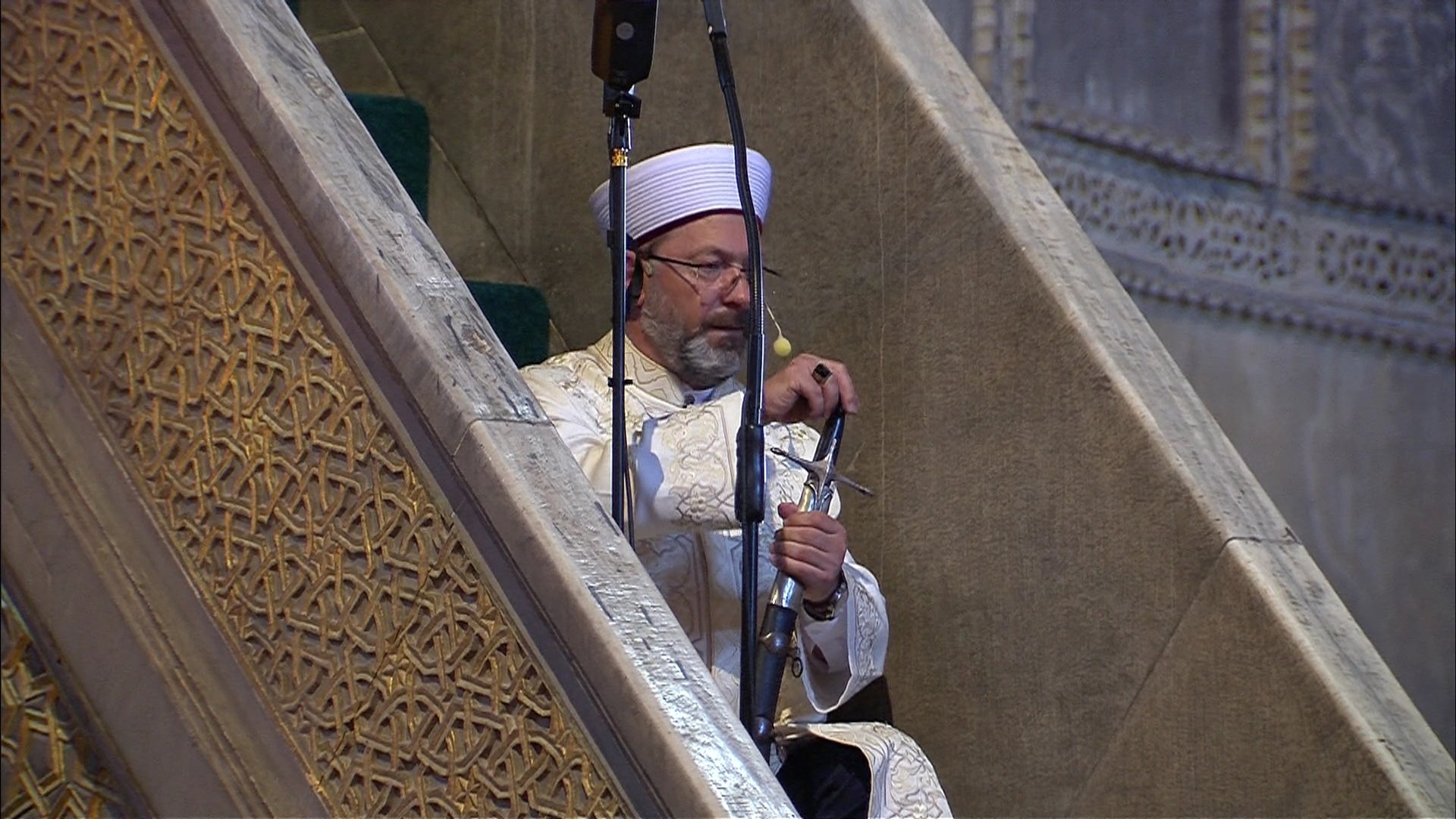
Turkey's religious chief on Friday explained that swords were traditionally held during religious sermons delivered at weekly Muslim prayers as a symbol of conquest.
After leading the Friday prayer at the Hagia Sophia Mosque – the first prayer following its reversion to being a place of Muslim worship – Ali Erbaş told reporters: "Khutbahs (Friday sermons) have been delivered with a sword, without interruption, for 481 years. If Allah permits, we will resume this tradition from now on."
"This is a tradition in mosques that are the symbol of conquests," explained Erbaş, who heads Turkey's Religious Affairs Directorate (Diyanet), adding that the Hagia Sophia Mosque is one of those symbols of conquest.



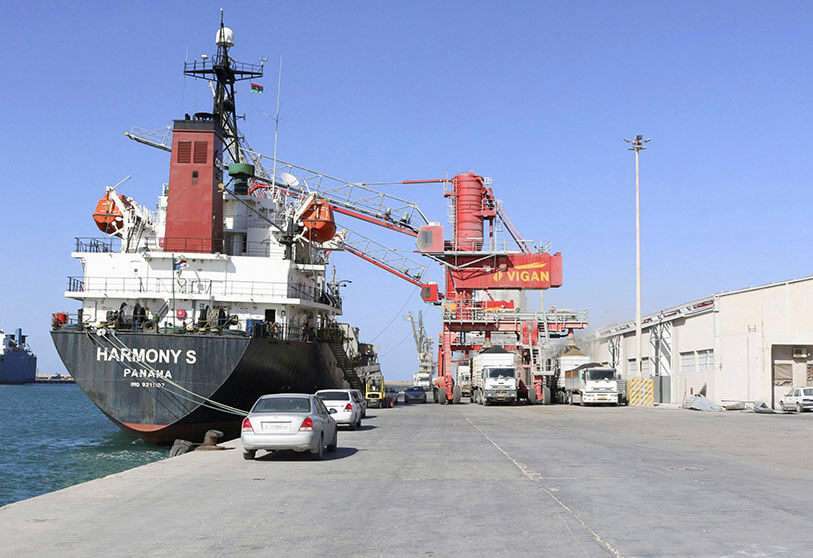
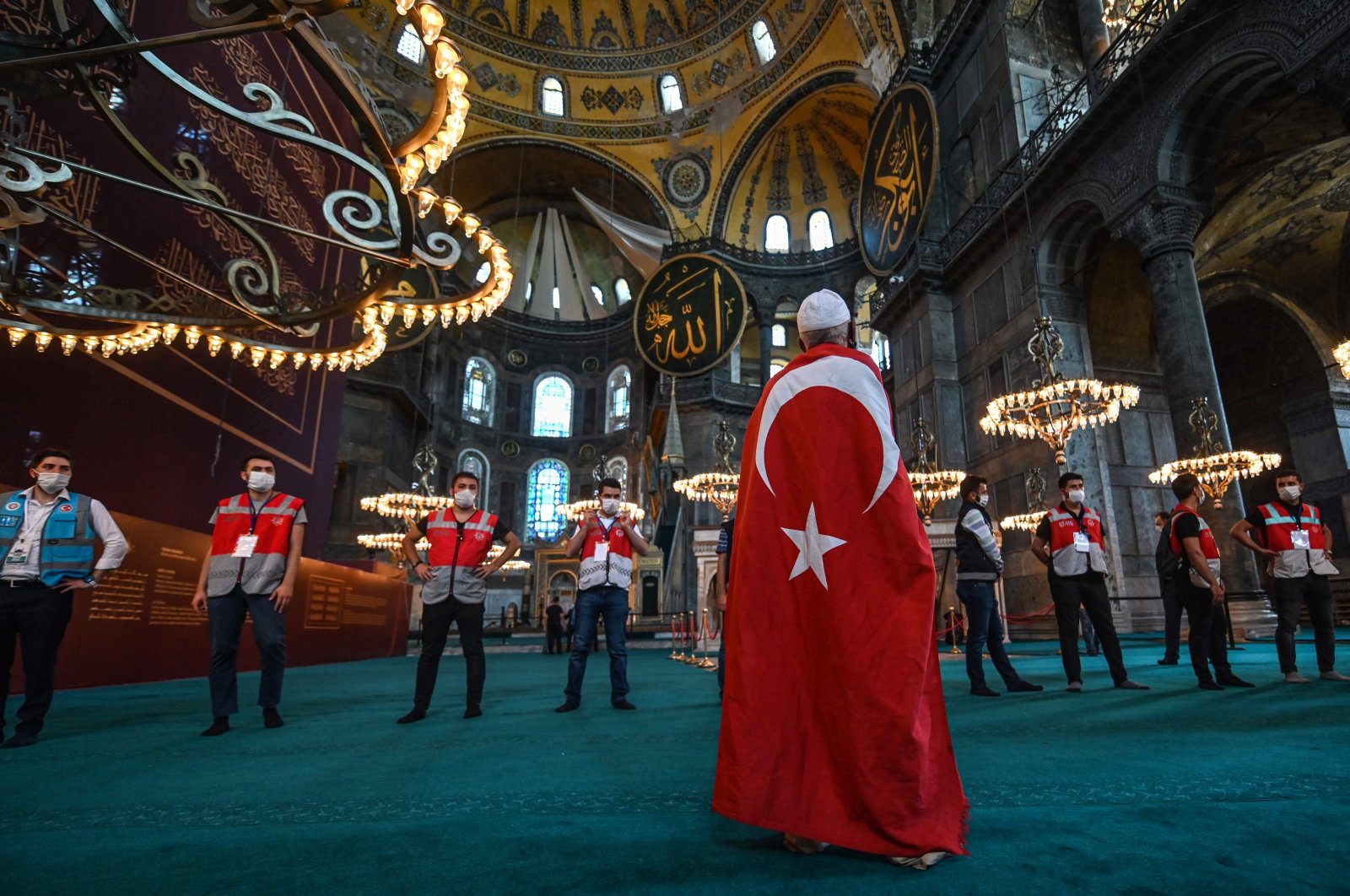
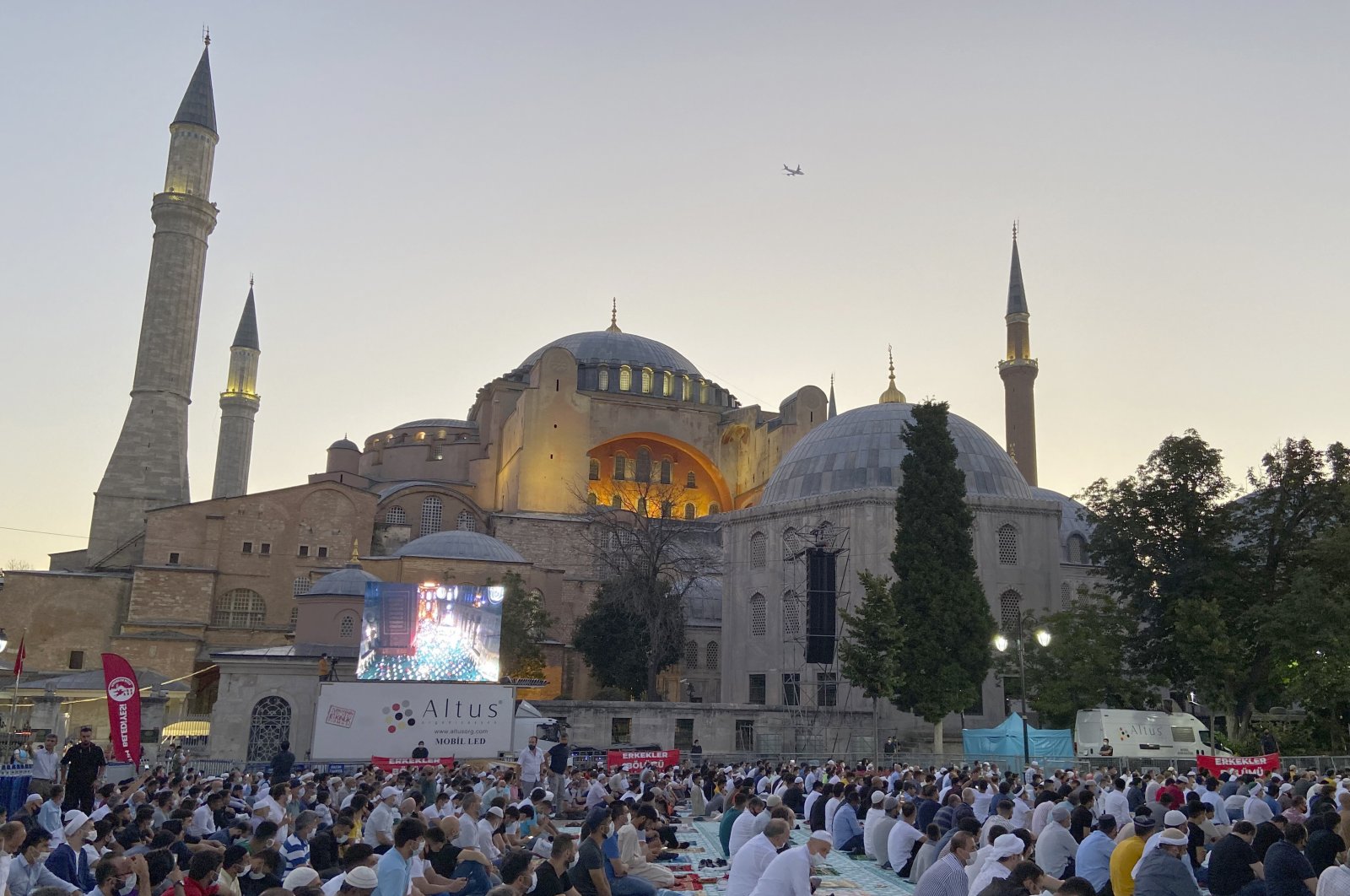

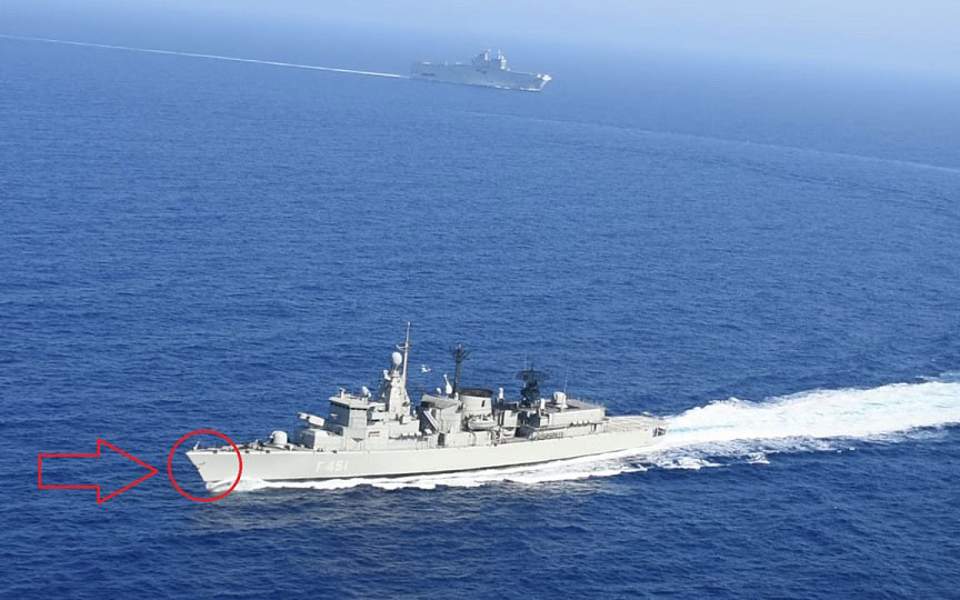

Comment